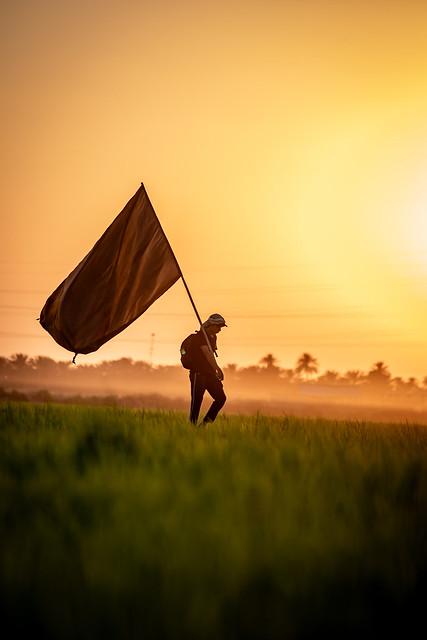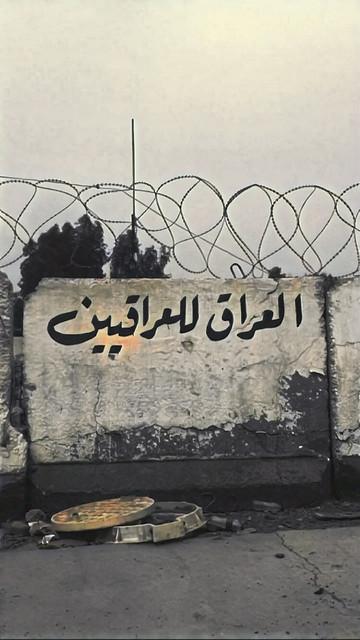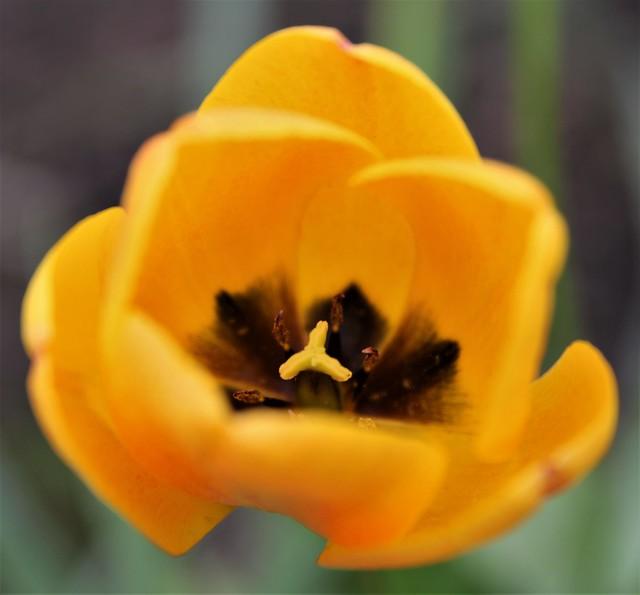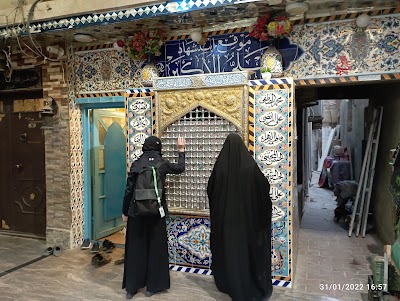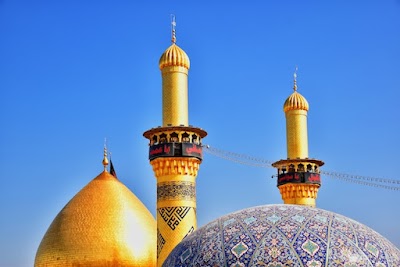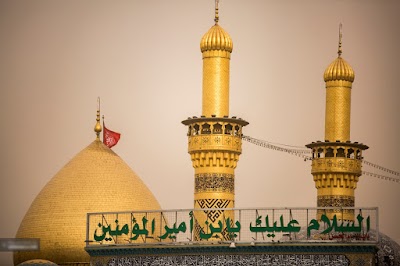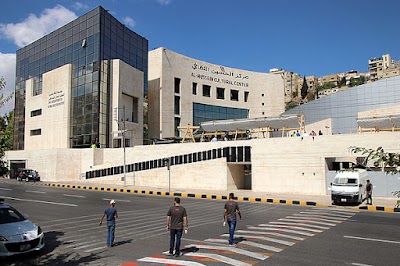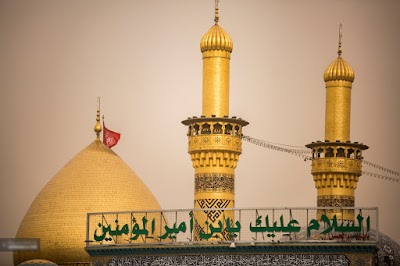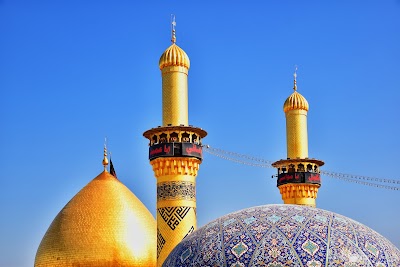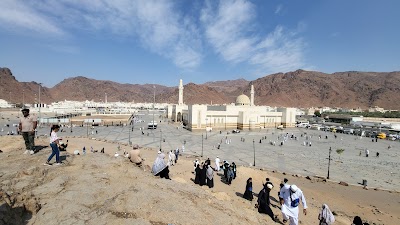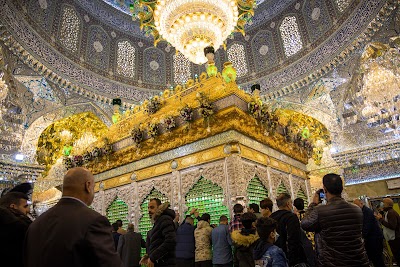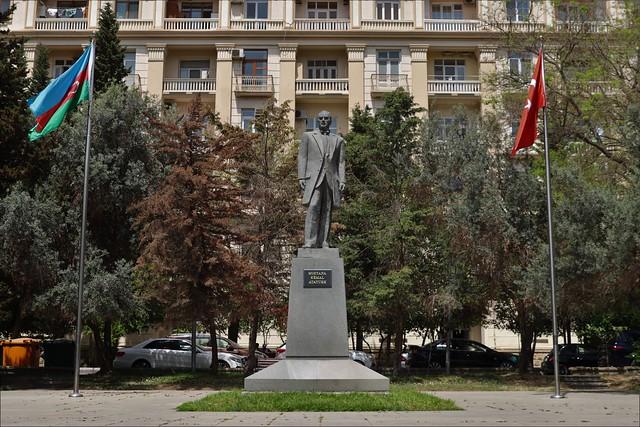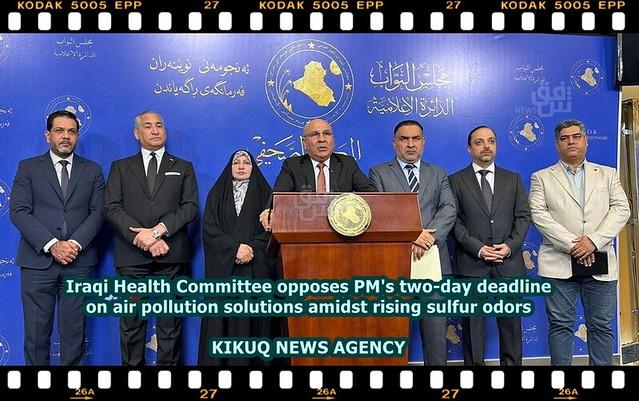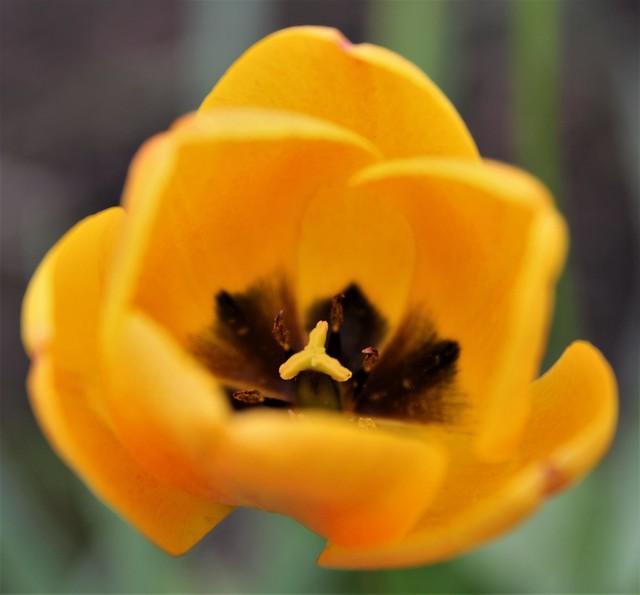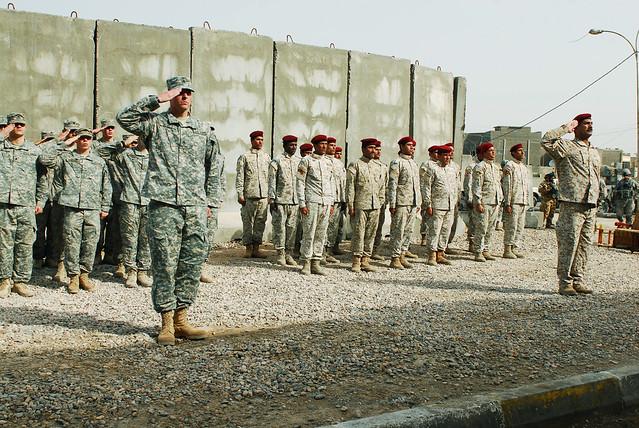Karbala
Overview
Overview of Karbala, Iraq
Karbala is one of the most significant and historical cities in Iraq, renowned primarily for its spiritual significance to millions of Shia Muslims. The city is the site of the shrine of Imam Hussein, the grandson of Prophet Muhammad, who was martyred in the Battle of Karbala in 680 AD. This event marks a crucial point in Islamic history and has shaped Shia religious and cultural traditions. Karbala's culture is deeply embedded in commemorative practices, including the annual observance of Ashura, where thousands of pilgrims gather to honor Imam Hussein’s sacrifice. The city is not only a spiritual hub but also offers insights into rich historical narratives, traditional crafts, and Iraqi hospitality.
High Season for Tourism in Karbala
The peak season for visiting Karbala is during the Islamic months of Muharram and Safar, particularly around the 10th day of Muharram, known as Ashura, and the 40th day after Ashura, known as Arba'een. During these times, the city experiences an influx of millions of pilgrims from around the world. The weather during these months, which typically fall around September to November, can be quite pleasant with cooler temperatures compared to the sweltering summer heat. Activities during this period are primarily centered around religious observances, processions, and communal prayers. Visitors can also explore local markets, traditional crafts, and sample unique regional cuisine during this vibrant time.
Preparations for Visiting Karbala
Travelers planning to visit Karbala should prepare adequately to ensure a smooth and respectful experience. It is important to arrange accommodation well in advance, particularly if visiting during Muharram or Safar, due to the high volume of pilgrims. Understanding and respecting local customs and dress codes is crucial; modest attire is recommended for both men and women. Learning a few phrases in Arabic can be helpful for communication, although many in the hospitality industry may speak some English. Lastly, visitors should be aware of the security measures and local regulations, which can be stringent due to the large crowds and the importance of the events taking place. Carrying necessary travel and medical insurance, and staying hydrated and nourished in the varying climate, are also key precautions.
How It Becomes to This
History not available

Places in Karbala
Explore the most popular attractions and landmarks
You May Like
Explore other interesting states in Iraq
Discover More Area
Delve into more destinations within this state and uncover hidden gems.



